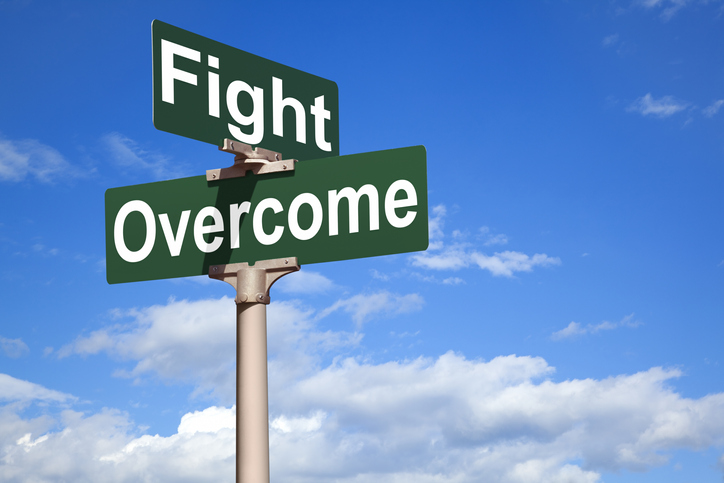Living with Chronic Pain
5 Tips to Cope With Chronic Pain for Individuals in Recovery From Addiction

6 people found this helpful
Print
Share
Save
Medication therapy is often a part of chronic pain management. However, for individuals with chronic pain who are in recovery from addiction, many pain medications may not be an option due to their addictive properties.
Five tips to cope with chronic pain for individuals in recovery from addiction are outlined below.
- Be honest and open. Make sure all medical professionals treating your chronic pain are aware of any history of addiction. In addition, be honest about pain levels. Don’t hide pain severity due to fear of being prescribed an addictive medication. Health care professionals can recommend alternative medications or treatment options, including non-medication options like acupuncture or massage.
- Ask for help when needed. If chronic pain causes an increase in cravings or fears, reach out to friends or family members, a medical professional, or a support group such as Narcotics Anonymous or Alcoholics Anonymous. Learning cognitive behavioral therapy with a psychologist or therapist can also help both chronic pain and addiction issues.
- Try meditation or deep relaxation. Meditation and other relaxation techniques, such as progressive muscle relaxation can positively, affect the brain in ways that can reduce both pain and cravings. These techniques are simple to learn and can improve quality of life.
- Engage in physical activity when possible. Gentle physical activities can strengthen muscles and joints and improve circulation, thereby, reducing chronic pain. In addition, physical activity may reduce cravings.
- Practice self-care. Prioritizing self-care is good for both the body and mind. Be sure to eat a balanced diet, get enough sleep, and make time for relaxing activities, such as reading a book or taking a bath, to help reduce stress.

















